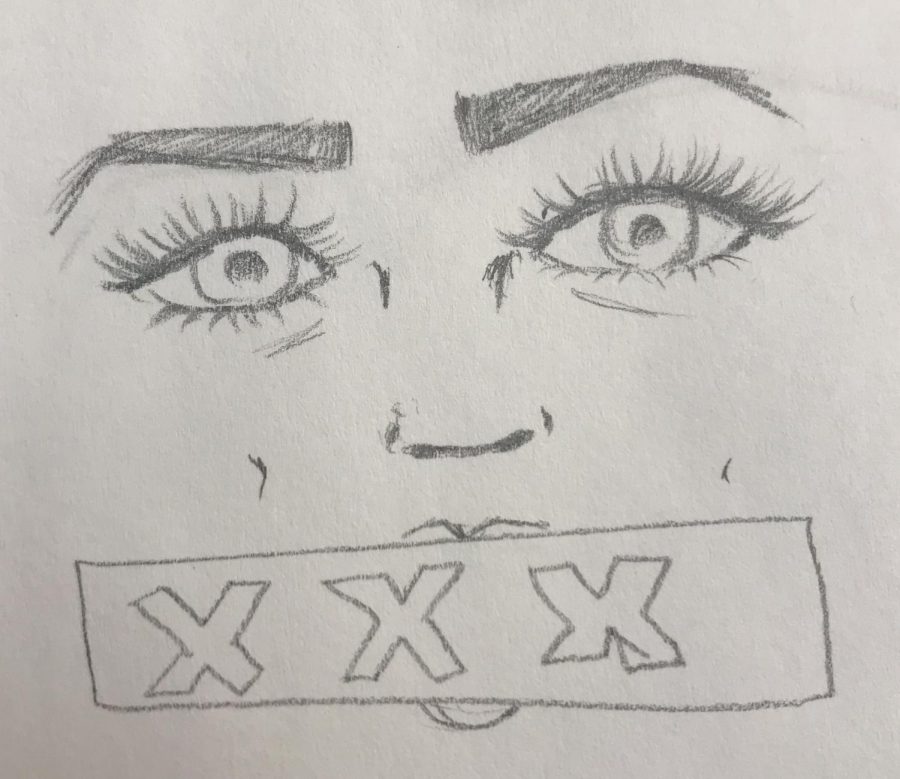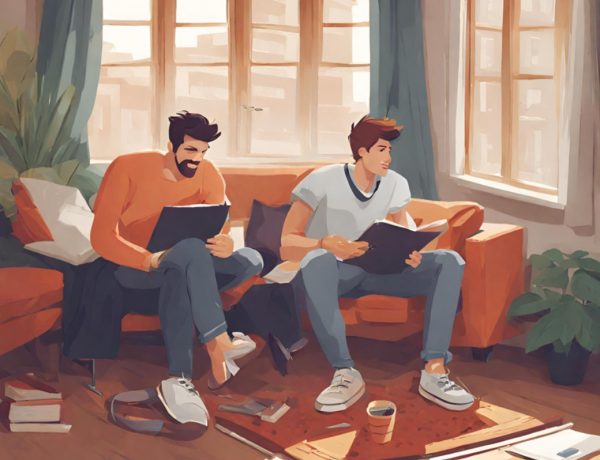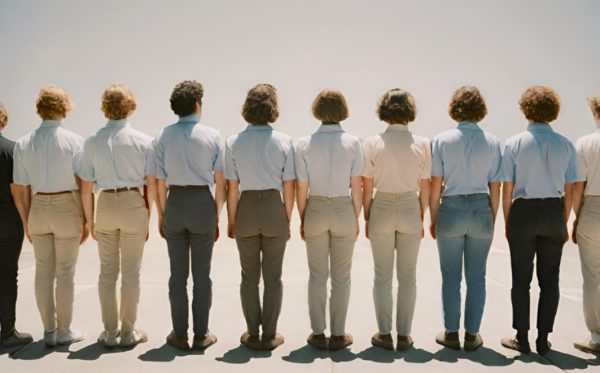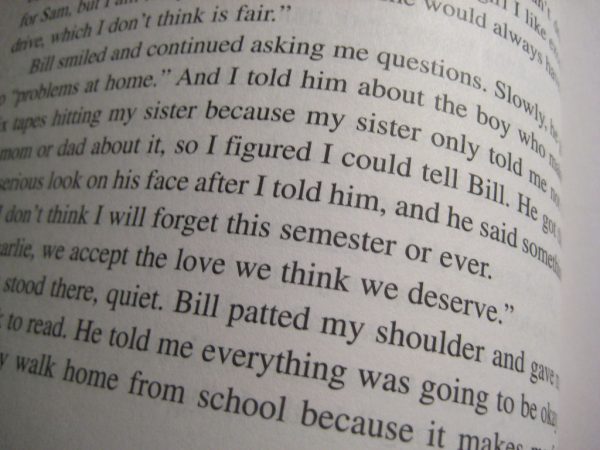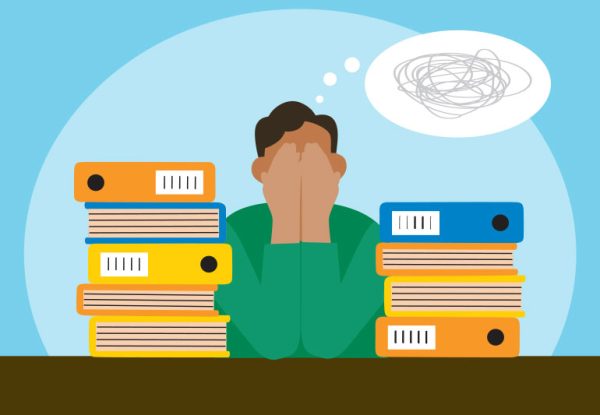Should porn be filtered from the internet?
Before the age of eighteen, 93% of boys and 62% of girls are exposed to porn.
“The first time I looked at porn (fairly young),” senior Ta’maya Ross said, “I remember being completely shocked. For one, I was completely wrong about men’s anatomy…”
This taboo topic always causes a debate: Should we filter it from the internet or let it continue to be easily accessible?
Porn has become a discussion among college campuses, starting at Notre Dame University in October, when 80 male students proposed a porn filter for the Wifi. There proposal was simple: “Install a filter on the campus WiFi that bars access to all websites that exist for the purpose of disseminating porn.”
Notre Dame’s technology policy already bans accessing pornographic, sexually explicit, or offensive material on campus networks.
The idea spread to schools like Harvard, UPenn, and Princeton, who support the idea of a digital barrier because they believe that “it’s much easier to objectify women and to not see them as people when you’re simply viewing them as objects of sexual pleasure.”
Filtering porn would also help protect the innocence of younger children. Ages 16-18 is the average age range a child has viewed porn at.
Although Ross is against the idea of a porn barrier, she does acknowledge that “not many kids will be exposed to unwanted porn”.
Porn can arguably also have detrimental effects on people’s sex lives. According to Fight the New Drug, a porn awareness organization, “Porn users kill their ability to perform sexually in real life by conditioning their brain to get aroused by sitting alone in front of a computer rather than being with an actual person.” Porn could also give people unrealistic expectations in the bedroom and impractical projections on women’s bodies. One student agrees.
A student agrees. “The thing is, porn is extremely unrealistic, and it leads to guys coming off as not only ignorant but also naive.” She elaborates, “Guys act like they’re in a porn reenactment” during sexual relations.
Although porn would be assumed to increase sexual assaults, Chris J. Ferguson, a professor of psychology and criminal justice at Texas A&M International University said otherwise, “Rates of rapes and sexual assault in the U.S. are at their lowest levels since the 1960s.”
The speculations “just don’t fit with the theory that rape and sexual assault are in part influenced by pornography.”
Jonathan Baron, a professor of Psychology at the University of Pennsylvania, said that such filtering would “have a cost in time and money.” Although this is not his field of study, he acknowledges the issues that would come with a digital barrier.
Professor Baron mentioned that if the filtering was done automatically, such as through Artificial Intelligence, there would be countless errors. “Classic works of art, statues of Venus or Diana, would be rejected,” he said. “And porn that does not involve nudity (e.g., bondage or various fetishes) might get through.”
He said that if human judges did the filtering, it would be much more costly, and there would still be errors. “These errors are a cost because they disrupt the function of the internet for free expression,” he said.
In a survey taken among a few Eastern students (of varying grades), the majority of participants viewed porn as a positive thing.
“I feel like if you can bring pleasure to yourself why not?” one student said.
Others say it helps relieve stress, advance sexual abilities in the bedroom, and beneficial in moderation, while others feel the porn industry itself, “is liable to a lot of corruption and mistreatment.”
Much like Professor Baron, the surveyees believe that the positives of filtering porn would not outweigh the negatives that comes with it.
Another student said that when people in power try to keep individuals under them from seeing or doing things, it results in a greater desire to do whatever it is that is trying to be hidden. “People fetishize taboo things,” she said. “So by censoring porn, it’ll just make people want to watch it even more.”

